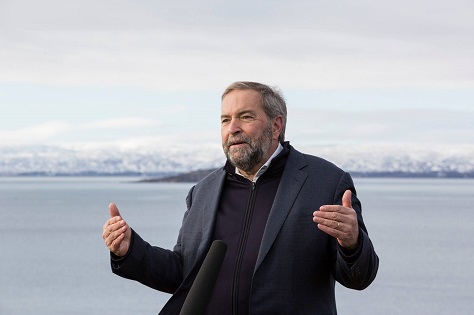
Every year, I pick one of the shortlisted (or even long-listed) books for the Booker Prize to read in the early autumn.![]()
Some years (Simon Mawer’s The Glass Room and former Economist Russian correspondent AD Miller’s Snowdrops), I realize it’s probably not going to win the actual prize, though I always choose the book that interests me the most. Truth be told, in other years, it’s ‘none of the above.’
This year, I was immediately drawn to Marlon James and his A Brief History of Seven Killings, a political crime thriller set against the backdrop of the Bob Marley phenomenon and the tense political violence of 1970s Kingston. In 1972, Michael Manley and the leftist People’s National Party (PNP) took power, pulling Jamaican policy towards socialism and, more importantly during the Cold War, took its foreign policy toward a more friendly tone with Cuba. Its opponent, the center-right Jamaican Labour Party (JLP), had a similarly cozy relationship with the United States. Both parties had ties to street gangs and patronage networks on the streets of Kingston and, as the 1976 election campaign geared up, Kingston became the site of incredible violence.
Though it’s been associated with Bob Marley and the genesis of the idea came to James from the events surrounding the failed 1976 assassination attempt on Marley’s life, “The Singer” is more plot device than subject in the book, suffusing the text like a cloud of incense. It’s not, by any means, a historical retelling of any part of Marley’s life — and it’s a much better book for it, by the way. (Notably, Kevin Macdonald’s 2012 Marley biopic details much of the political and cultural background of Jamaica in the post-independence era and I found it a better introduction to Jamaica’s politics than to reggae music).
Aside from the Tarantino-style violence and more than a nod to Graham Greene’s third-world spy noir, I knew that the book had a lot of ingredients that would endear it as a potential Booker winner — the epic historical context that Hilary Mantel’s Wolf Hall and Bring Up the Bodies had, the complex characterization and structures like David Mitchell’s Cloud Atlas or Eleanor Catton’s The Luminaries, the sharp post-colonial message like Arundhati Roy’s The God of Small Things.
And I was right! James won the prize earlier today, notably the first Jamaican to do so — though not the first Caribbean author (the Trinidadian V.S. Naipaul was the first to do so in 1971.
Here’s the review from The New York Times.
Here’s the review from The Guardian.


